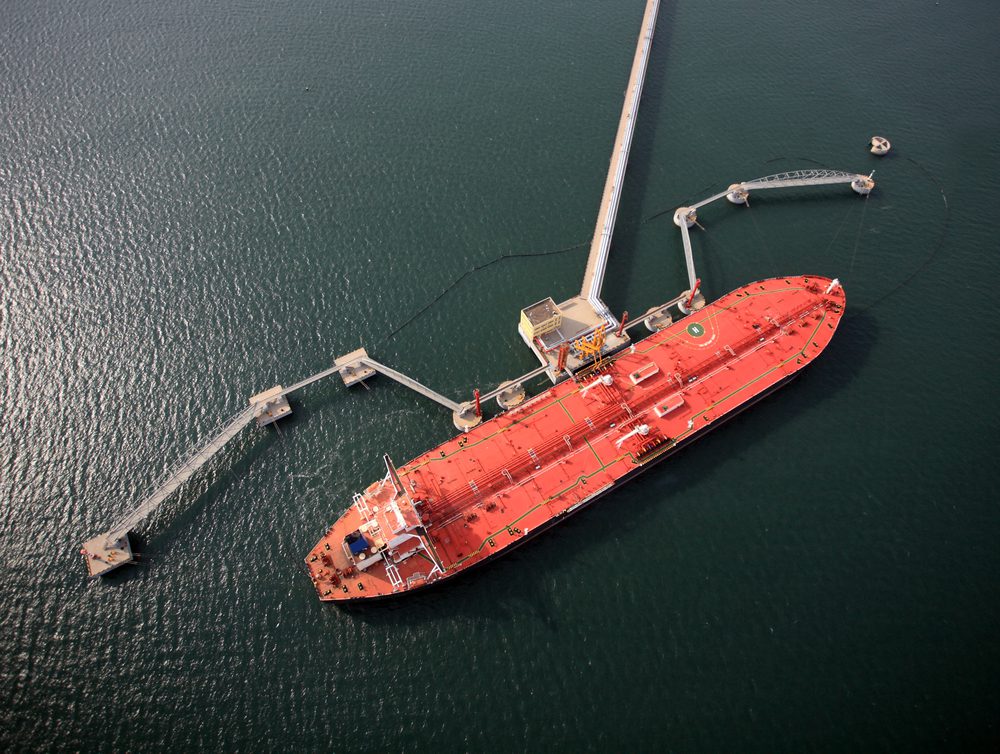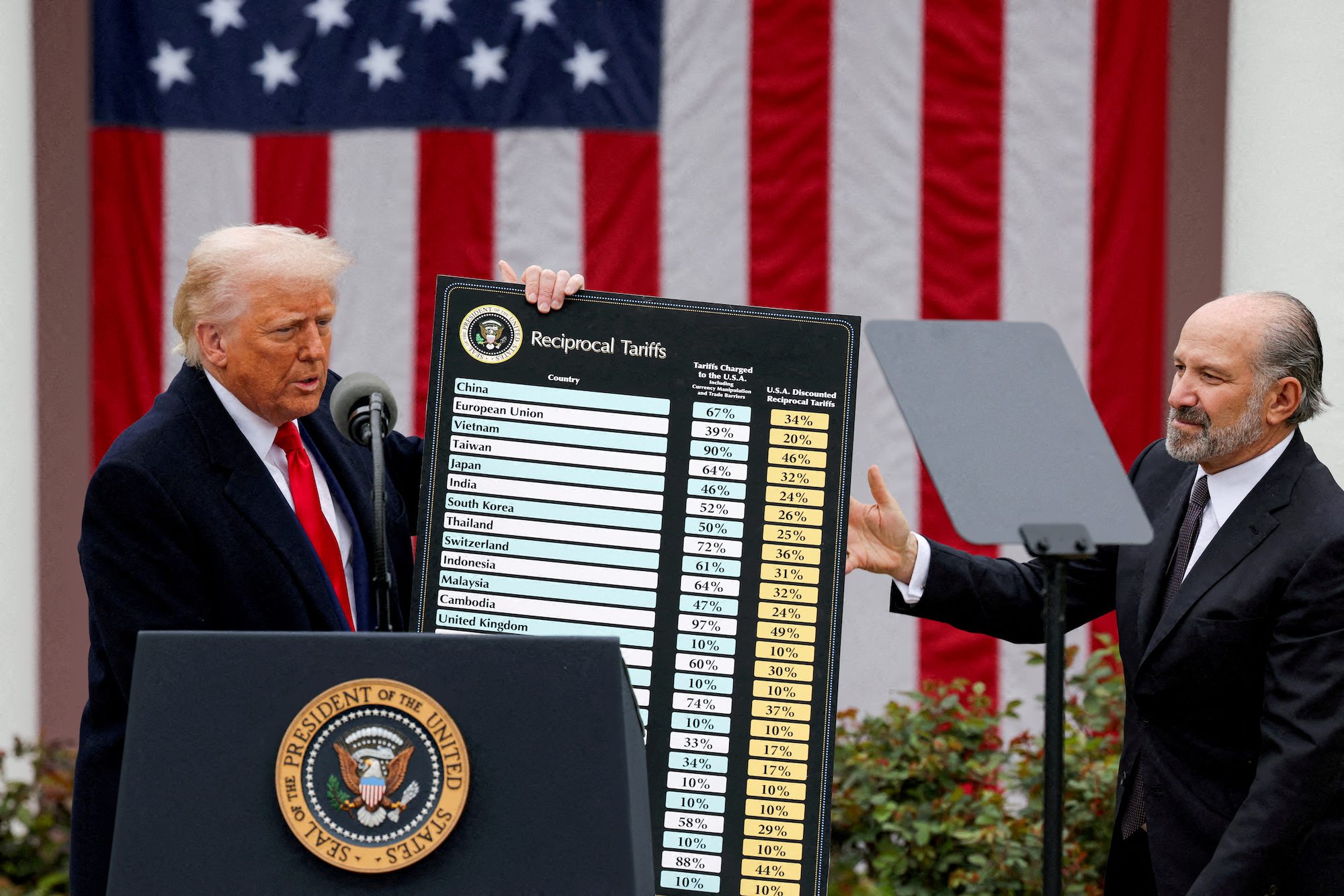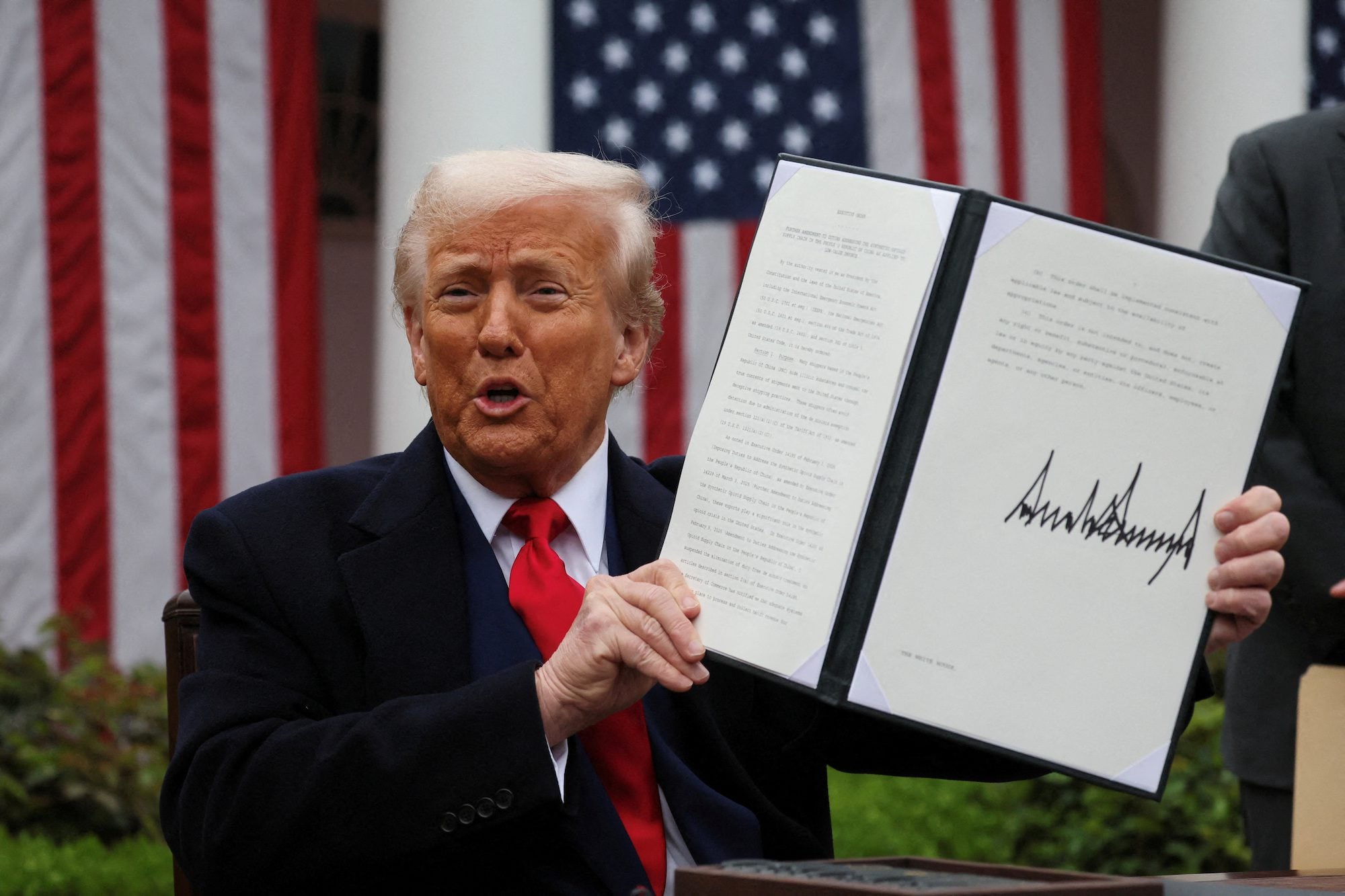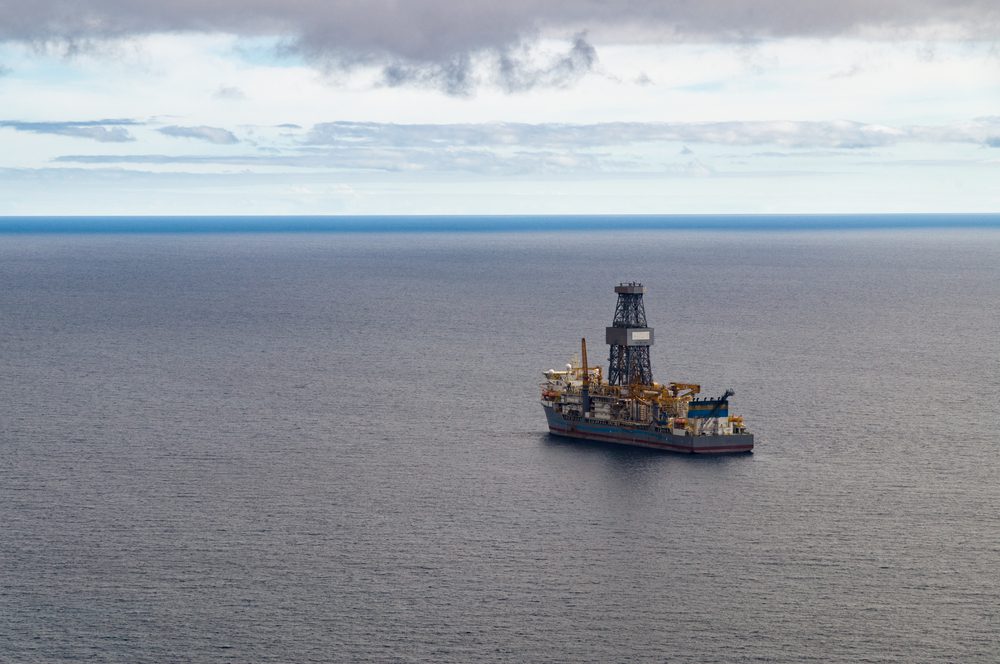The U.S. Maritime Administration (MARAD) has approved the construction of a new deepwater port off the Texas coast, marking a significant expansion of America’s oil export capabilities.
The Texas GulfLink LLC (TGL) facility, to be owned and operated by Sentinel Midstream, LLC, will be located 26.6 nautical miles off Brazoria County, Texas. The project includes a shoreside support facility within Freeport Harbor and will utilize dock space at Port Freeport Public Docks.
“Today, we are unleashing the full power of American energy,” said U.S. Transportation Secretary Sean P. Duffy. “With this approval, we are increasing our energy revenue and unlocking our vast oil resources—not just for domestic security, but to dominate the global market.”
The GulfLink project encompasses a deepwater port with one fixed offshore platform, 45 statute miles of pipeline infrastructure, and a booster station. The port will accommodate two very large crude carriers (VLCCs) simultaneously at single point mooring (SPM) buoys with loading rates of up to 85,000 barrels per hour, though loading operations will be limited to one vessel at a time.
The approval follows a lengthy review process that began on May 30, 2019, when MARAD and the U.S. Coast Guard received TGL’s application. The Final Environmental Impact Statement was published on July 5, 2024.
The development comes at a crucial time for U.S. energy exports and the Trump administration energy agenda. The approval aligns with President Trump’s “Unleashing American Energy Executive Order,” signed on his first day of his second term in office, and follows his administration’s broader energy policy shifts, including the recent approval of the Commonwealth LNG project in Louisiana—the first such approval following the lifting of the previous administration’s pause on LNG export application approvals.
The TGL project is one of three oil export facilities currently under MARAD review, alongside three pending LNG export facility applications, according to MARAD’s website.
However, the industry faces some headwinds, as evidenced by Enterprise Products Partners’ recent announcement that their Sea Port Oil Terminal (SPOT) project—previously planned to be the nation’s largest offshore oil export terminal—lacks sufficient customer interest to proceed with commercialization.
The SPOT project, which received its deepwater port license from MARAD in April 2024, has been aiming for a 2027 start date. A Final Investment Decision (FID) from Enterprise Products Partners had been anticipated in 2024, but is now delayed.
“This plan opens the floodgates for American oil exports, putting our producers in the driver’s seat and ensuring that the world looks to the United States—not foreign adversaries—for energy supply,” said Duffy.
The Trump Administration has yet to appoint a Maritime Administrator, Deputy Maritime Administrator, and Chief Counsel at MARAD, according to the agency’s website. Charles Makings, former Deputy Maritime Administrator during the Biden Administration, assumed duties as Acting Maritime Administrator after former Maritime Administrator, Rear Admiral Ann Phillips vacated the position in January.
The slow pace of MARAD’s deepwater port licensing process under the former Biden Administration had been subject to criticism.
Enterprise Products Partners’ Teague highlighted the issue in a recent earnings call with investors. “I believe that SPOT should be the poster child for regulatory reform,” said Teague, noting that the lengthy application process, which also began in 2019, caused its anchor customer to withdraw from its contract.
Last week, the U.S. Government Accountability Office published a report revealing that the agency is grappling with severe staffing challenges despite a significant budget increase.
Editorial Standards · Corrections · About gCaptain

 Join The Club
Join The Club











